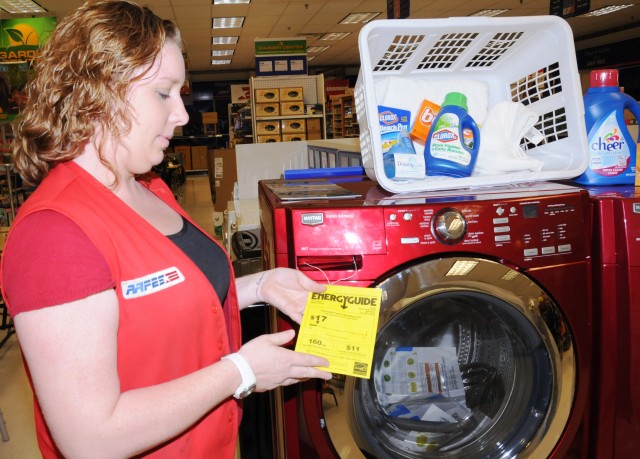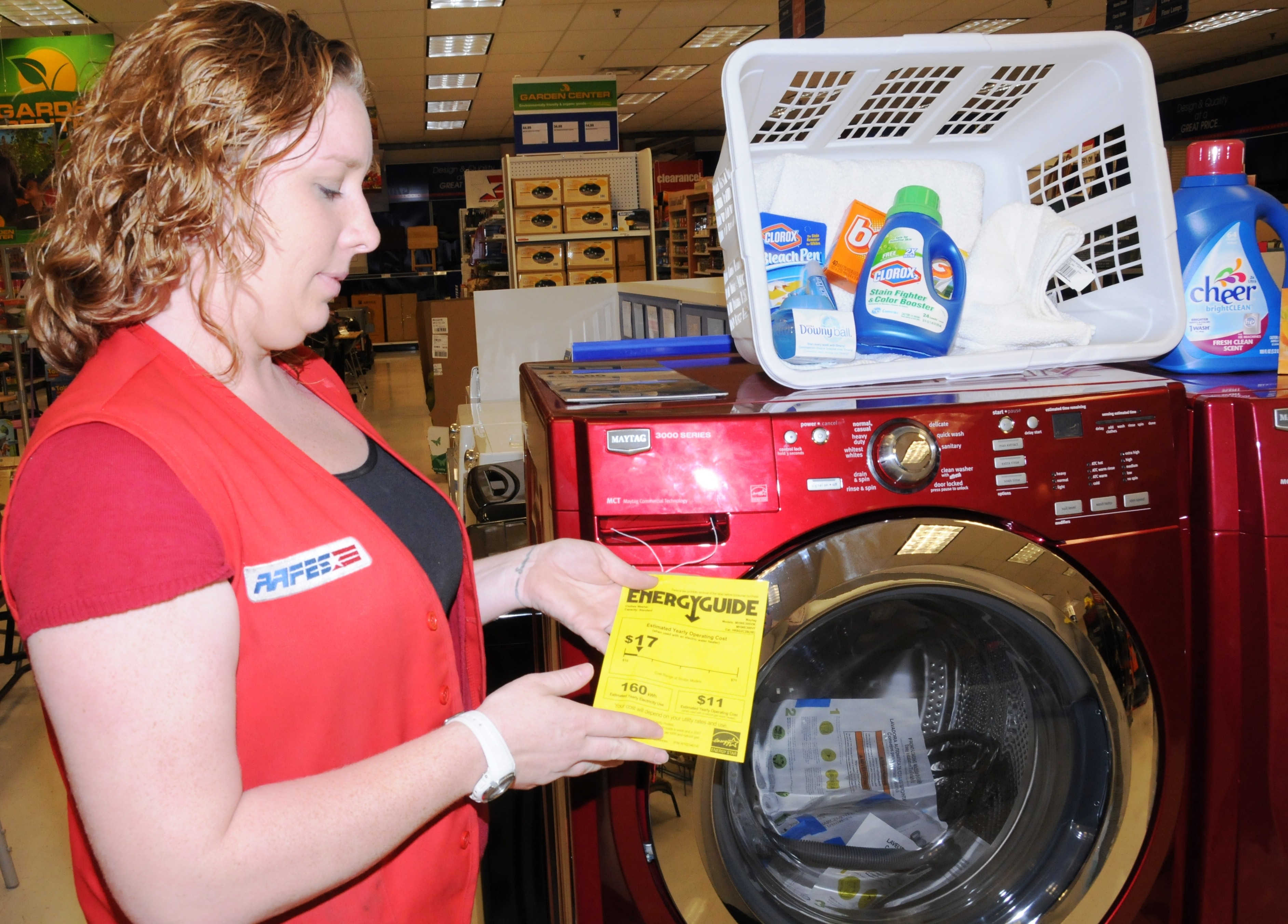FORT RUCKER, Ala. -- In recognition of Earth Day April 22, installation leaders ask the Fort Rucker community to consider how it can reduce its carbon footprint to lower energy usage and residential and workplace bills.
Earth Day was originally created by the late Sen. Gaylord Nelson on April 22, 1970, to draw national attention to environmental issues, according to United States Environmental Protection Agency information at <a href="http://www.epa.gov/earthday/history.htm" target="_blank">www.epa.gov/earthday/history.htm</a>.
People continue Nelson's passion for protecting the planet 40 years later, and the No. 1 way people can transform their energy consumption habits is by adjusting their attitudes, officials said.
"Change your attitude toward saving energy and the reasons we do it," said Andy Franks, Directorate of Public Works resource efficiency manager. "Saving energy is good for the Army (and) good for this nation. People (who say) 'I'm not going to be wasteful,' are what we really need. Take ownership because everybody can do something."
Being aware of their surroundings is key for individuals when determining where changes can be implemented, according to Michael Grubb, DPW energy and water conservation manager.
Turning off unused appliances, machines and lights are the easiest ways the post community can lower energy use, Franks said.
Army regulations require employees to turn off computers and monitors or set them to enter sleep mode when not in use. These practices can be implemented at home, he noted.
Investing in Energy Star rated appliances can also save on bills in the long run, Franks said. Some appliances or home upgrades can earn buyers federal tax credits or rebates. For more information, visit <a href="http://www.energystar.gov/index.cfm'c=tax_credits.tx_index" target="_blank">www.energystar.gov/index.cfm'c=tax_credits.tx_index</a>.
Heating and cooling equipment should be set at appropriate levels to reduce wasted energy, Franks said. During summer months, he recommends "the higher, the better," but notes "Fort Rucker energy rules say 74 degrees, plus or minus two degrees."
Installing programmable thermostats allows office managers and home owners to regulate temperatures whether people are present or not. He advises setting air conditioners to at least 80 degrees when buildings are vacant.
If workers are uncomfortable in their office environments, they should contact facility managers or building energy monitors to have repairs made to heating and cooling units. DPW officials can't fix something they don't know is broken, Grubbs said.
"(We use) the people who are in the buildings as our eyes and ears, which allows us to go out and further identify problems and potentially turn them into an energy savings project," he said.
Swapping old incandescent bulbs for more efficient compact fluorescent lights is an investment worth making, Franks noted.
If one 100-watt regular bulb is left running 24 hours daily, it adds about $6.50 to monthly electric bills, he added. For about that price, one or two quality CFLs can be purchased.
These products only use one-fourth to one-fifth the energy regular bulbs do, reducing utility costs in the long run.
Residents wishing to decorate their yards at night may consider solar lights to line sidewalks or gardens. The small illuminators charge during the day and run about six to eight hours throughout the evening.
Franks said they won't provide enough lighting for security purposes but are often aesthetically pleasing without adding to bills.
Sometimes businesses' outdoor signs and lights remain lit throughout daylight hours, which wastes significant energy, Grubbs said. Fort Rucker community members who encounter these fixtures illuminated during the day should call Shaw contractors at 255-9041 to have them fixed, he said.
Turning back dials on water suppliers is one more tip officials offer the public.
Home water heaters should be turned down to about 100 degrees, which is still hot enough for showering and washing dishes, Franks said. Most units are automatically set at about 120-140 degrees, causing heaters to overwork.
Through these efforts and others, Soldiers, Families and civilians can take one step at a time toward becoming greener.


Social Sharing